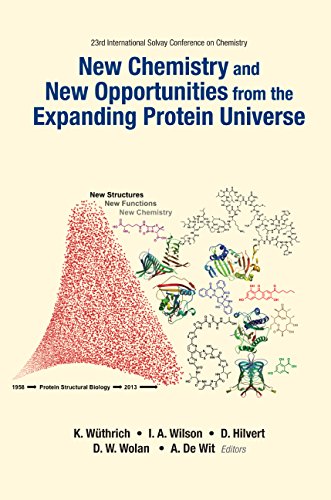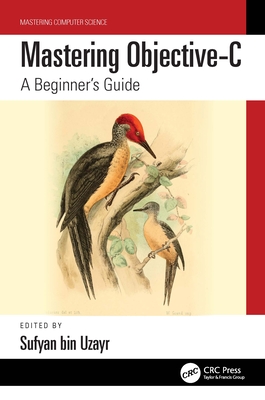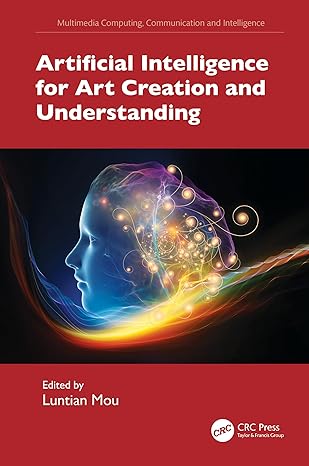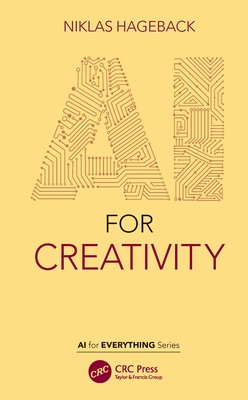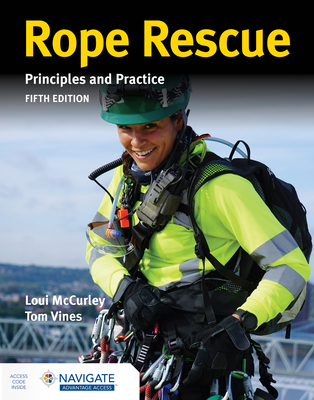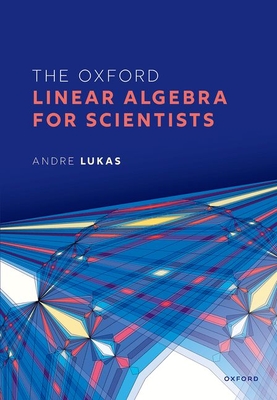图书简介
A select group of 40 eminent scientists from all parts of the world met to consider the current state of chemical and biological knowledge on the ever-expanding protein universe, and to discuss emerging opportunities for the foreseeable future. Scientific approaches to discover, characterize, and regulate protein functions were discussed over a range of disciplines, including natural product chemistry, microbiology, enzymology, biochemistry, structural biology, chemical biology, and glycobiology. Some notable highlights included discovery of new enzymatic pathways, innovative carbohydrate chemistry, design of proteins containing unnatural amino acids, structural elucidation of complex supramolecular machines, and design and application of small molecule drugs, biologics and biosimilars.
This fascinating compendium of scientific presentations and in-depth discussions affords a unique perspective on today’s protein chemistry and biology as well as on the challenges for tomorrow.
November 14, 2014
Key Features:
○ Unique approach to the topic, an outstanding group of contributors, extensive inclusion of otherwise unpublished material
New Chemistry in the Expanding Protein Universe: Novel Chemistry Still to be Found in Nature (C T Walsh); Natural Product Biosynthesis in the Genomic Age (W A van der Donk); Peptide Dendrimers and Polycyclic Peptides (J-L Reymond); What can Comparative Genomics Reveal about the Mechanisms of Protein Function Evolution? (N L Dawson, R Studer, N Furnham, D Lees, S Das, J Thornton and C Orengo); Exploring Chromatin Biology Using Protein Chemistry (T W Muir); Our Expanding Protein Universe (A Godzik); The Scientific Impact of Freely Available Chemical Probes (A M Edwards); Discussions of Session 1; Exploring Enzyme Families and Enzyme Catalysis: Mechanistic Enzymology and Catalyst Design (D Hilvert); Looking in New Directions for the Origins of Enzymatic Rate Accelerations (J P Klinman); Computational Enzyme Design and Methods to Predict the Role of Remote Mutations (K N Houk); Discovering Novel Enzymes, Metabolites and Pathways (J A Gerlt); Programming New Chemistry into the Genetic Code of Cells and Animals (J W Chin); Expanding the Enzyme Universe through a Marriage of Chemistry and Evolution (F H Arnold); Controlled Radical Reactions in Biology and the Importance of Metallo-Cofactor Biosynthesis (J Stubbe); Discussions of Session 2; Microbiomes and Carbohydrate Chemistry: Structural Basis for Host/Commensal-Microbe Interactions in the Human Distal Gut Microbiome (I A Wilson); Carbohydrate Chemistry and Biology (C-H Wong); Chemical Biological Proteomics of Bacterial Protein Functionalities in the Human Distal Gut Microbiome (D W Wolan); Automated Oligosaccharide Synthesis: From Insights into Fundamental Glycobiology to Vaccines and Diagnostics (P H Seeberger); Carbohydrate-Active Enzymes in Microbiomes (B Henrissat); The Microbiome(s): Microbiota, Families, Functions (A Godzik); N-Linked Protein Glycosylation (M Aebi); Discussions of Session 3; GPCRs and Transporters: Ligands, Cofactors, Drug Development: GPCRs and Transporters: Ligands, Cofactors, Drug Development (G von Heijne); Studies of GPCR Conformations in Non-Crystalline Milieus (K Wüthrich); The Seven Transmembrane Superfamily (R C Stevens); Nanobodies for the Structural and Functional Investigation of GPCR Transmembrane Signaling (E Pardon and J Steyaert); The Hidden Pharmacology of the Human GPCR-ome (B L Roth); Structures and Reaction Mechanisms of ABC Transporters (K Locher); Discussions of Session 4; Biologicals and Biosimilars: Biologicals and Biosimilars (S Ghose and M G Grütter); Platform Technologies for the Artificial Pseudo-Natural Product Discovery (H Suga); Anticalins® & Pasylation®: New Concepts for Biopharmaceutical Drug Development from Protein Design (A Skerra); From Natural Antibodies to Synthetic Proteins (S S Sidhu); From Intact Antibodies to Armed Antibodies (D Neri); Regulating Cellular Life Death and Development Using Intracellular Combinatorial Antibody Libraries (R Lerner, J Xie, H Zhang, K Yea, J Blanchard and K Baldwin); Nanobodies: A Universe of Variable Domains and a Toolbox for Many Trades (L Wyns); Discussions of Session 5; Proteins in Supramolecular Machines: Assembly of Filamentous Type 1 Pili from Uropathogenic Escherichia Coli Strains (R Glockshuber); HIV Envelope and Influenza Hemagglutinin Fusion Glycoproteins and the Quest for a Universal Vaccine (I A Wilson); Deconstruction of Iterative Polyketide Synthases (C A Townsend); Regulating Ribosome Pausing During Translation (M V Rodnina); The Molecular Mechanics of the Ribosome (J Zhou, L Lancaster, Z Guo, J P Donohue and H F Noller); Exploring the Dynamics of Supramolecular Machines with Cryo-Electron Microscopy (J Frank); Crystallographic Studies of Eukaryotic Ribosomes and Functional Insights (N Ban); Discussions of Session 6.
Trade Policy 买家须知
- 关于产品:
- ● 正版保障:本网站隶属于中国国际图书贸易集团公司,确保所有图书都是100%正版。
- ● 环保纸张:进口图书大多使用的都是环保轻型张,颜色偏黄,重量比较轻。
- ● 毛边版:即书翻页的地方,故意做成了参差不齐的样子,一般为精装版,更具收藏价值。
关于退换货:- 由于预订产品的特殊性,采购订单正式发订后,买方不得无故取消全部或部分产品的订购。
- 由于进口图书的特殊性,发生以下情况的,请直接拒收货物,由快递返回:
- ● 外包装破损/发错货/少发货/图书外观破损/图书配件不全(例如:光盘等)
并请在工作日通过电话400-008-1110联系我们。
- 签收后,如发生以下情况,请在签收后的5个工作日内联系客服办理退换货:
- ● 缺页/错页/错印/脱线
关于发货时间:- 一般情况下:
- ●【现货】 下单后48小时内由北京(库房)发出快递。
- ●【预订】【预售】下单后国外发货,到货时间预计5-8周左右,店铺默认中通快递,如需顺丰快递邮费到付。
- ● 需要开具发票的客户,发货时间可能在上述基础上再延后1-2个工作日(紧急发票需求,请联系010-68433105/3213);
- ● 如遇其他特殊原因,对发货时间有影响的,我们会第一时间在网站公告,敬请留意。
关于到货时间:- 由于进口图书入境入库后,都是委托第三方快递发货,所以我们只能保证在规定时间内发出,但无法为您保证确切的到货时间。
- ● 主要城市一般2-4天
- ● 偏远地区一般4-7天
关于接听咨询电话的时间:- 010-68433105/3213正常接听咨询电话的时间为:周一至周五上午8:30~下午5:00,周六、日及法定节假日休息,将无法接听来电,敬请谅解。
- 其它时间您也可以通过邮件联系我们:customer@readgo.cn,工作日会优先处理。
关于快递:- ● 已付款订单:主要由中通、宅急送负责派送,订单进度查询请拨打010-68433105/3213。
本书暂无推荐
本书暂无推荐
